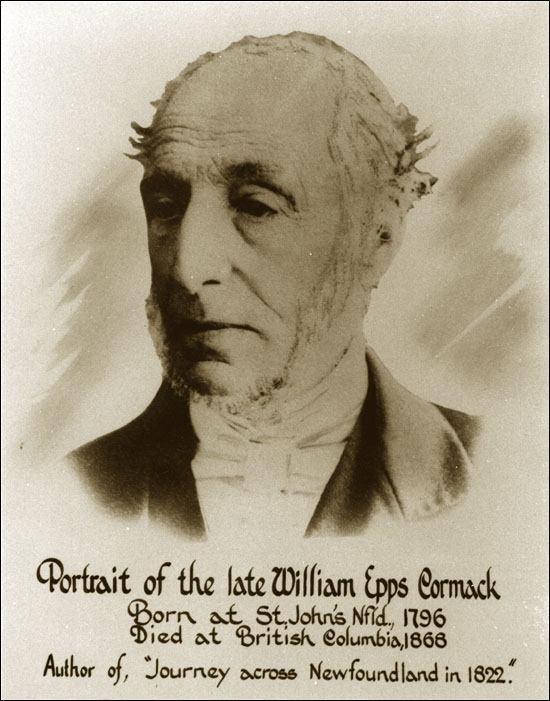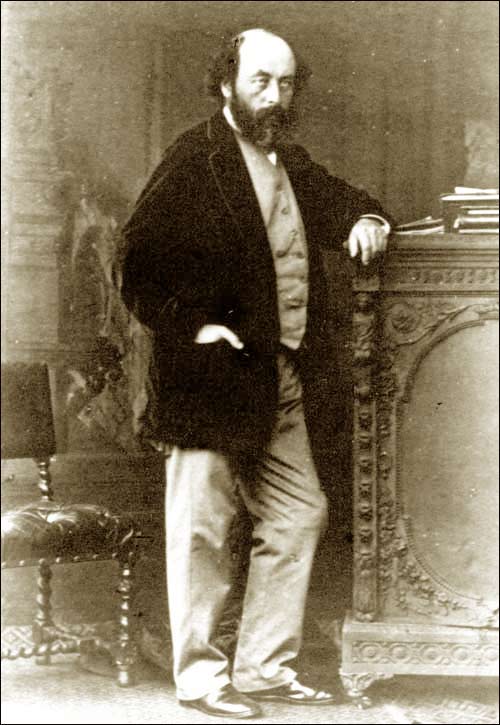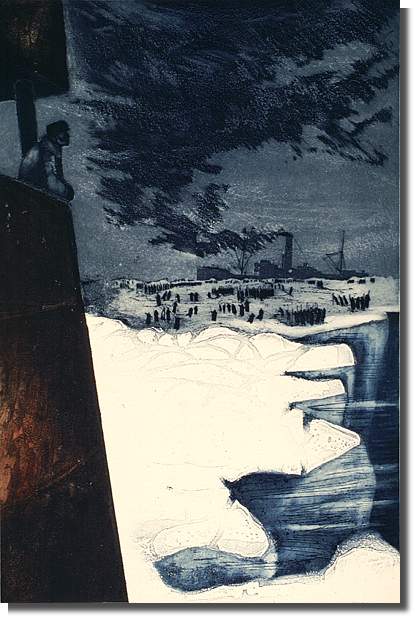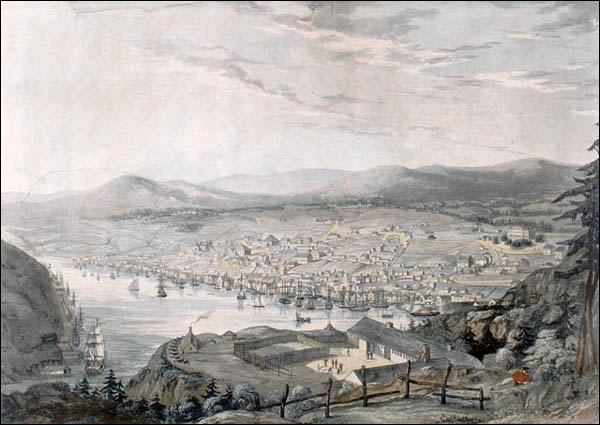- Home
- Mission Statement
- Resources
- Courses
- Partnered Projects
- Dictionary of Newfoundland English
- Videos
- Images
-
Site Map
- Table of Contents
- The Arts
- Economy
- En français
- Exploration and Settlement
- Government and Politics
- Indigenous Peoples
- Natural Environment
- Society and Culture
- First World War
- ____________
- Archives and Special Collections
- Ferryland and the Colony of Avalon
- Government House
- Mount Pearl Junior High School
- Registered Heritage Structures
- Stephenville Integrated High School Project
- Women's History Group Walking Tour








